The smartphone is the ultimate example of a universal computer. Apps transform the phone into different devices. Unfortunately, the computational revolution has done little for the sustainability of our Earth. Yet, sustainability problems are unique in scale and complexity, often involving significant computational challenges.
Ideas Lab
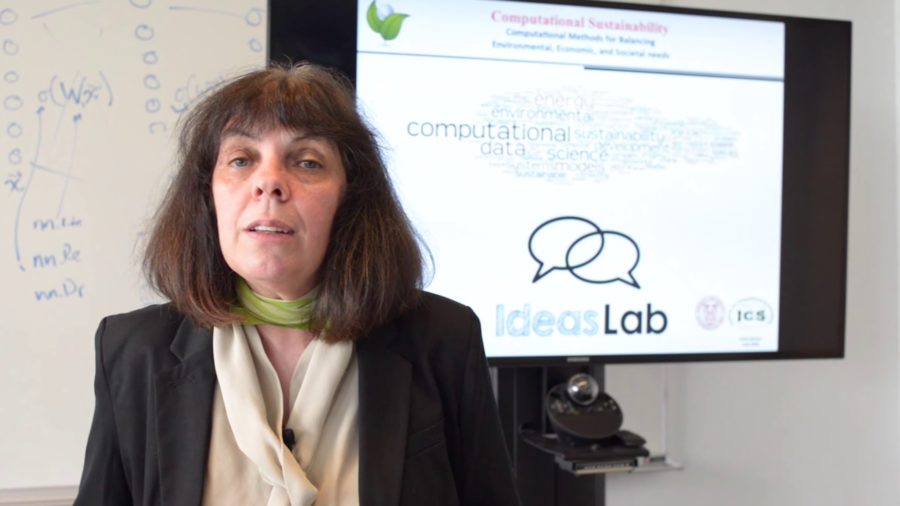
Harnessing Artificial Intelligence to Target Conservation Efforts
presented by Carla Gomes
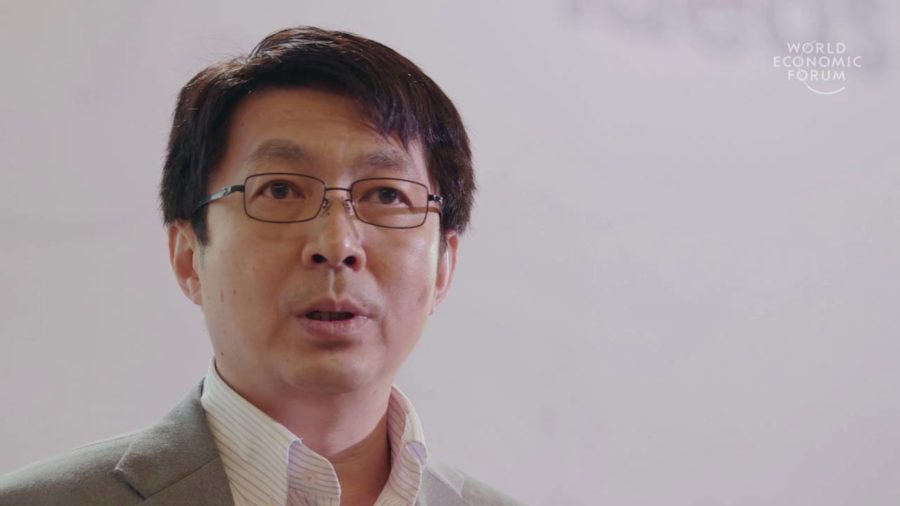
Teaching a Machine How to Imagine
presented by Tai Sing Lee
We can train computers to learn to recognize objects by giving them millions of examples with the correct answers. A human baby, on the other hand, learns to recognize many concepts and objects all by themself simply by interacting with a few examples in the real world.
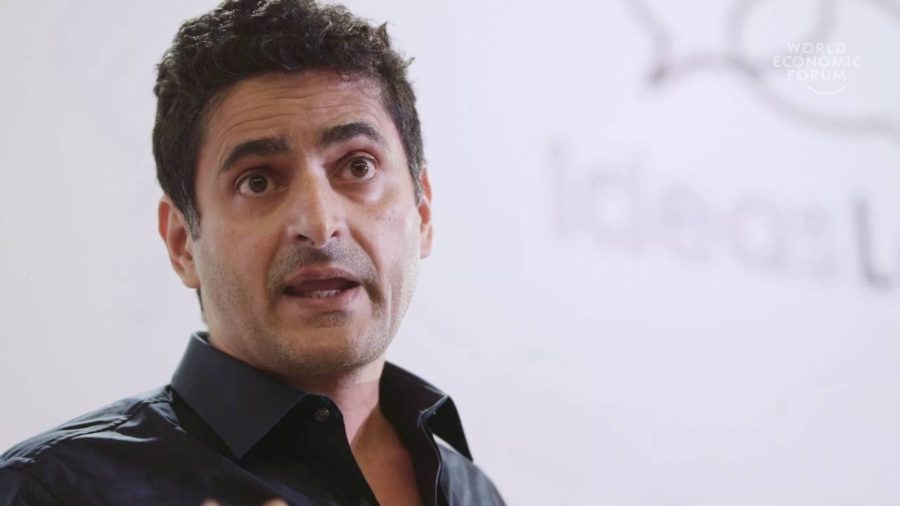
Using Cryptography to Redefine Legal Contracts and Public Records
presented by Rabee Tourky
Can we have agreements or the mechanisms for enforcing agreements between governments without having to appeal to the ambiguity of international law?
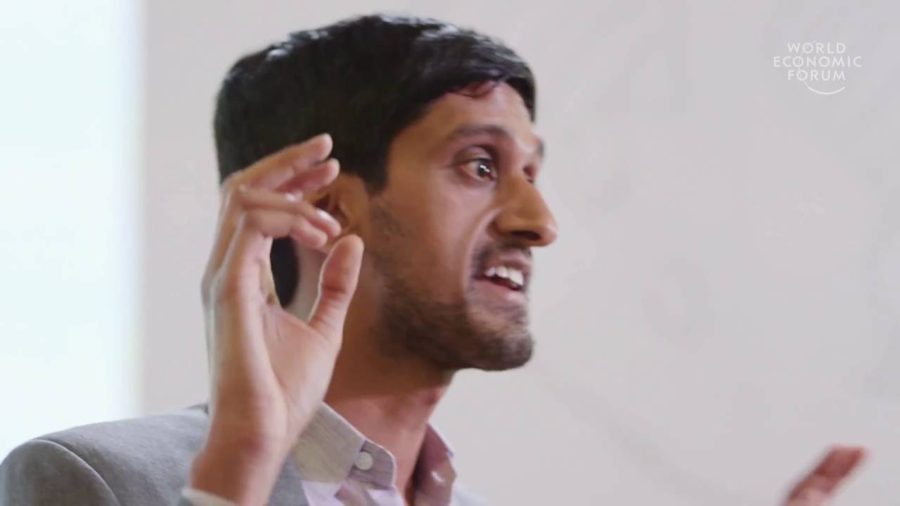
Language as a Signature of the Flexible Human Mind
presented by Mahesh Srinivasan
To understand human nature, I focus on human language and what it can reveal about how we think. Unlike other animals, humans can communicate an infinite number of thoughts through language. And one reason that language is powerful is because we can use each of our words flexibly, with several different meanings.
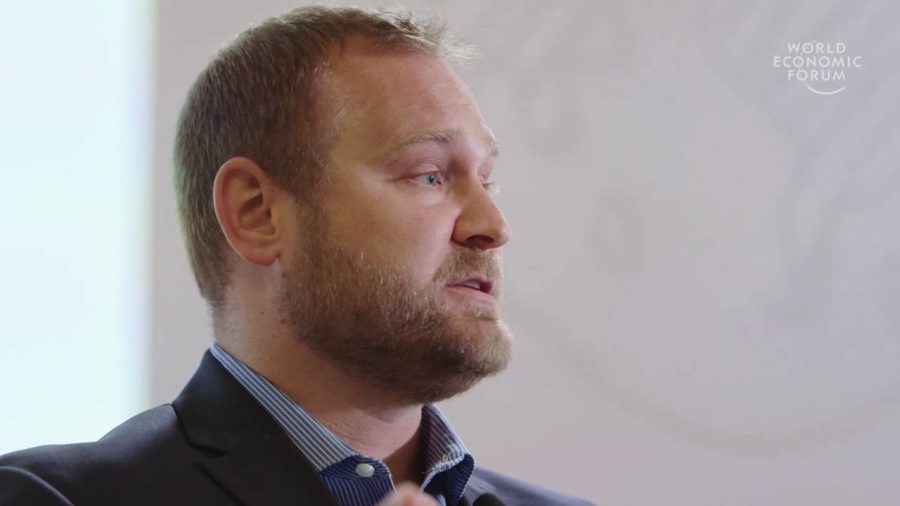
Applying Algorithms to Minimize Risk
presented by Joshua Woodard
The United States plants more than 170 million acres of corn and soybeans a year, more than any country in the world. And the primary mechanism in the US that we use to subsidize agriculture is actually called the Federal Crop Insurance Program. So, the crop insurance program in the US is also the largest such program globally, with over $100 billion in liabilities annually. So it’s a very big program.
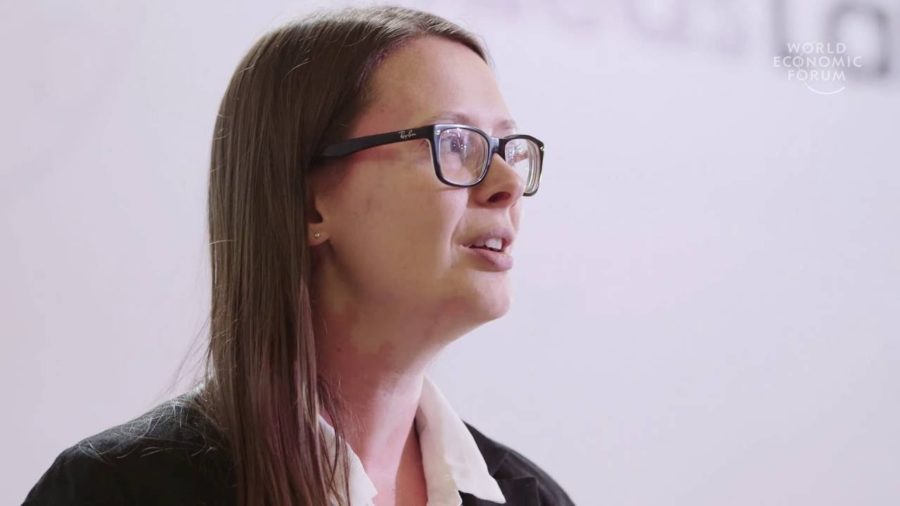
Imaging the Health of Our Planet
presented by Gabrielle Thomas
The interesting thing is not just figuring out what one plant needs, but doing it on the scale of a million plants. This is where imaging can help. Capturing the detail, but from a distance. Some farmers already used drones or other aircraft to do just that. But these are not tools available to all. I want to ask what if precision agriculture could be a service accessible to anyone on the planet?

Mapping the Intricacies of Evolving Food Systems
presented by Graham MacDonald
In many countries, the very ability to eat a food like avocado is a direct benefit of international trade. We are eating on an interconnected planet. Food trade now shapes land use worldwide and is reshaping the food supplies of many nations.
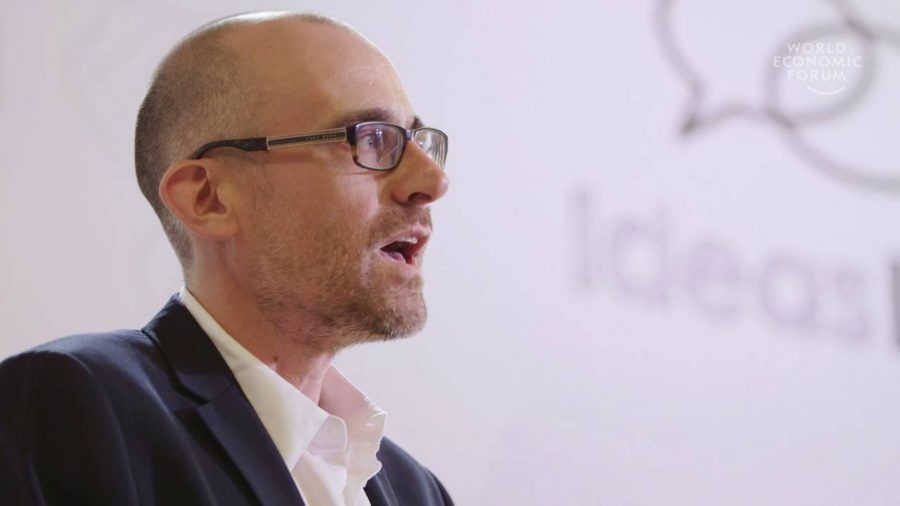
Building Resilient Cities Through Restoration of Fragmented Urban Ecosystems
presented by Andrew Gonzalez
Cities form a vast global network connected by flows of energy, food, information. This global network is the challenge of the 21st century. How do we make more sustainable cities, with smaller ecological footprints and more equitable human wellbeing?
